EU exploiting irrational myth of 'Russian threat': Lavrov
Russian Foreign Minister Sergei Lavrov has lashed out at the European Union for sticking to its mentality of treating Russia as a threat and reaffirmed Moscow’s preparedness to improve its relations with the West.
Speaking at the annual Munich Security Conference on Saturday, Lavrov criticized the EU for its 1990s mindset which views Russia as an “apprentice” that must be taught the Western values and the bloc’s current concerns over the idea of “Russian threat” which accuses Moscow of meddling in all key issues across Europe.
"Over the past decades, the EU has not been able to find a middle ground in relations with our country. The 1990s were dominated by the idea of Russia as 'the apprentice,' which should be systematically, regardless of objections, schooled according to Western standards. Now, the irrational myth of the 'almighty Russian threat' is exploited, traces of which can be found everywhere - from Brexit to the Catalan referendum," said Lavrov.
"Both are deeply flawed stereotype and only proves the lack of common sense and understanding of our country," he added.
"We noticed that the number of people who feel uncomfortable about the abnormal situation in our relations is growing in the EU," Lavrov said.
He noted that the situation had turned into a "diplomatic paralysis" for the EU, calling on the bloc’s members to work together to upgrade the international relations systems.
"Russia is open to an equal, mutually respectful partnership that will be based on the balance of interests with the EU in order to find effective solutions to the challenges of a present day. We are ready to build relations with the US and other countries based on the same principles," Lavrov said.
The Russian foreign minister also called for mutual cooperation with the US, EU and China with regard to the ongoing security situation in the Middle East.

"We believe that this idea of cooperation between the European Union, Russia, the United States and China to support the creation of the security architecture in the Middle East is very appreciated, and the same is true for the [Persian] Gulf," Lavrov said.
The top Russian diplomat warned the international players involved in the conflicts in the Middle East about the ramifications of creating tensions among Sunni and Shia Muslims.
The Western countries have levied broad economic sanctions against Moscow over its alleged role in the ongoing conflict in eastern Ukraine and the reunification of the Black Sea peninsula of Crimea with Russia. Moscow has denied any involvement in the conflict.
Meanwhile, Russia and the US are at odds over Washington's claim that Moscow interfered in the 2016 US presidential election in favor of President Donald Trump, an allegation categorically denied by Moscow.
The two countries’ ties have been deteriorated over the Syrian crisis as Washington and Moscow are backing opposite sides in the conflict.
Russia has been offering military advisory support to the Syrian government in its battle against extremist militants, while the US and its allies back the Takfiri militants fighting to topple Syrian President Bashar al-Assad.
200 days of Israeli war on Gaza and 200 headlines whitewashing genocide
VIDEO | 200 days of US-Israeli genocide
Iran’s security chief in Russia to underline Israel’s aggression
VIDEO | Smoke rises from Gaza as fighting continues
ICRC decries escalating Israeli raids across occupied West Bank
Israel still prevents food convoys from reaching north of Gaza: UNRWA
NYPD arrests multitude of pro-Palestine students at NYU campus
Iran’s decisive response to Israel disrupted enemy’s equations: Hamas



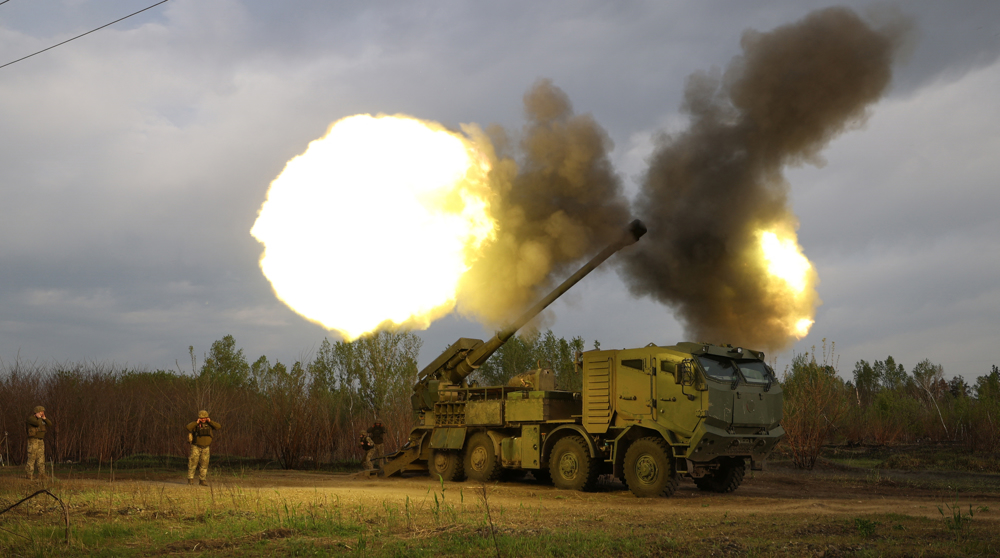
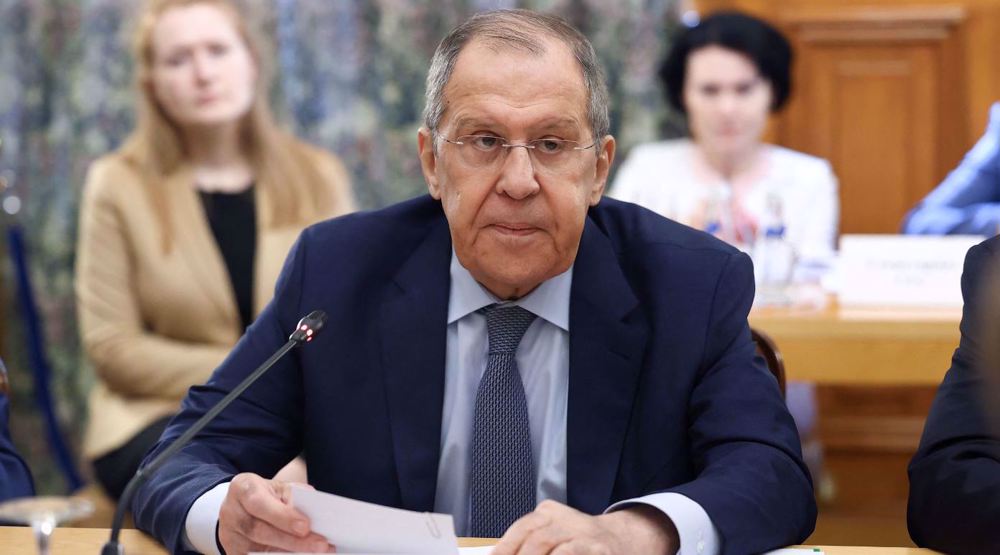
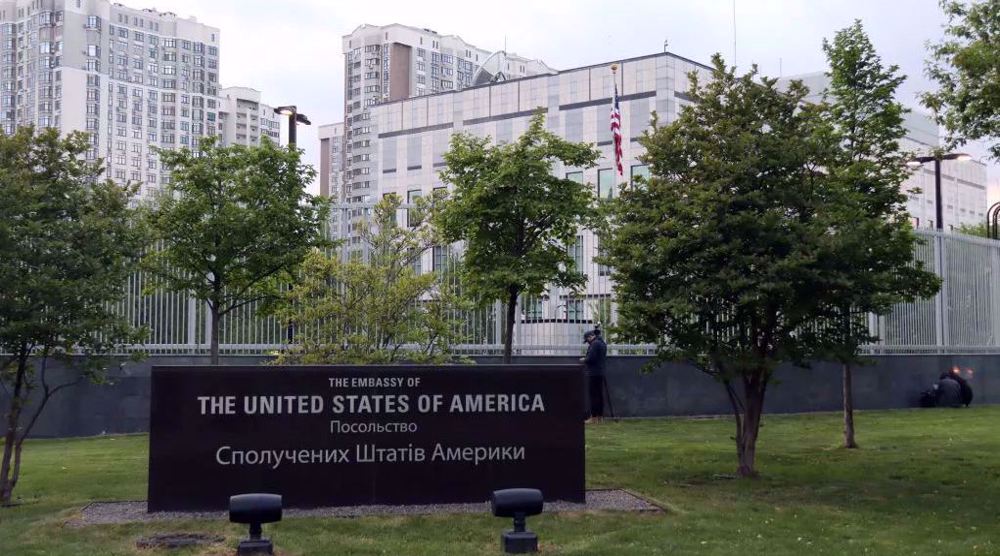



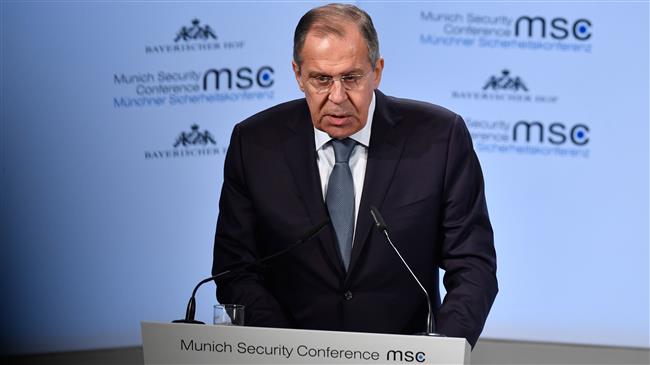
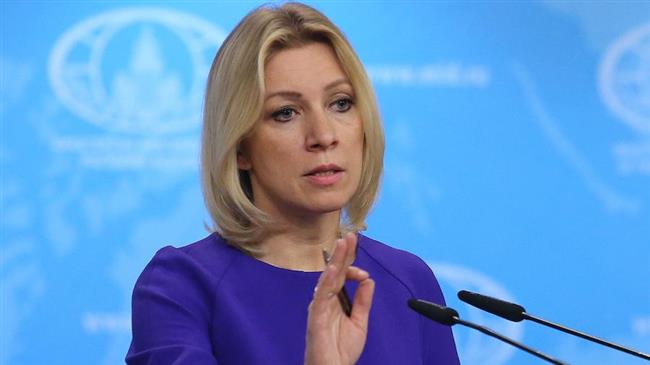

 This makes it easy to access the Press TV website
This makes it easy to access the Press TV website